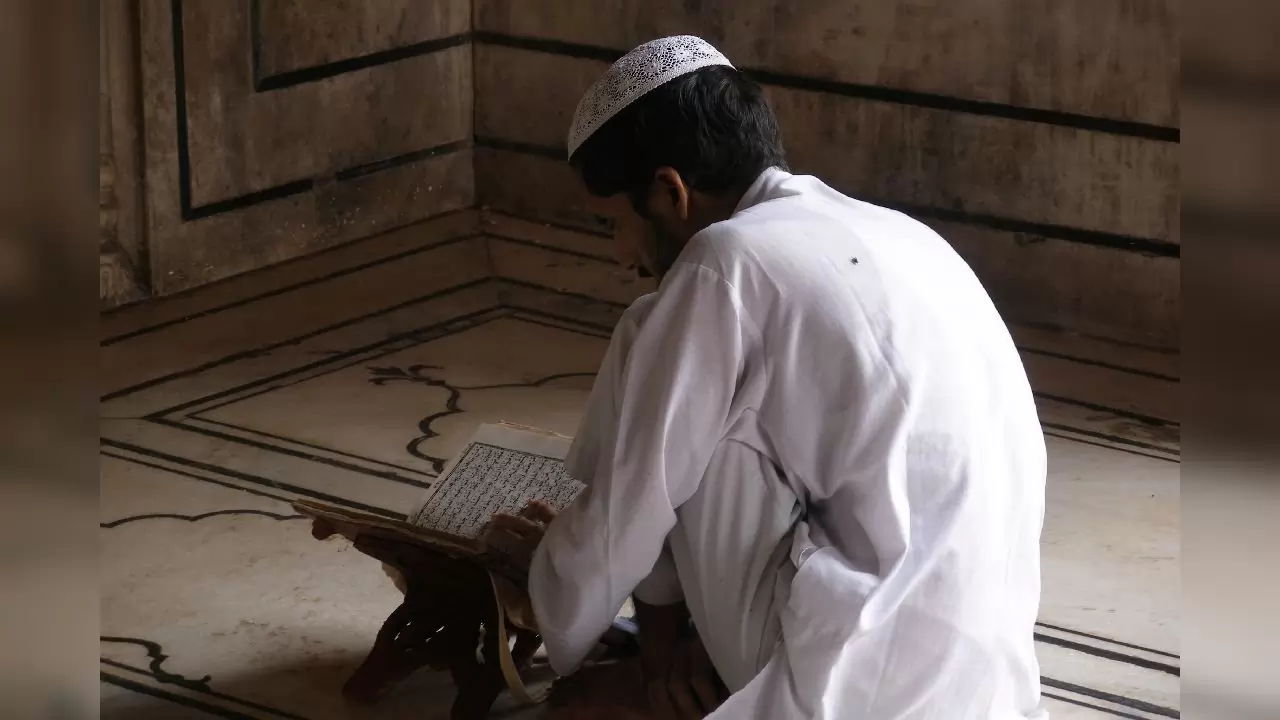
Wikimedia Commons
New Delhi: Islam in India has a rich history that dates back centuries, long before the Mughal invasions. Contrary to popular belief, Islam did not first reach India through military conquest but rather through peaceful trade and cultural exchanges.
Islam first arrived in India in the 7th century when Arab traders reached the Malabar Coast in South India. These traders, who were involved in the spice trade, established settlements, married local women, and integrated into the local communities. This peaceful interaction led to the establishment of Islam in the region.
The earliest evidence of Islam’s presence in India is the construction of the Cheraman Juma Mosque in 629 AD by an Arab merchant in Kerala. This mosque is a testament to the early arrival of Islam, preceding the Mughal invasions by centuries.
As Arab traders settled and spread their faith, Islam began to grow organically. The religion’s spread was further facilitated by Sufi saints and missionaries who traveled across the subcontinent, preaching and establishing Islamic centers of learning.
While Islam had already taken root in India, the arrival of Mughal rulers such as Qutbuddin Aibak in the 12th century marked a significant expansion of Islamic rule and influence. These rulers established powerful sultanates and contributed to the cultural and architectural landscape of India, further solidifying Islam’s presence.
Islam's introduction to India was not solely through invasion but was primarily a result of peaceful trade and cultural exchange. The religion's deep roots in the Indian subcontinent are evident from historical structures like the Cheraman Juma Mosque and the extensive influence of Mughal rule. Today, Islam continues to be a major religion in India, reflecting its long and intricate history.





Copyright © 2026 Top Indian News
